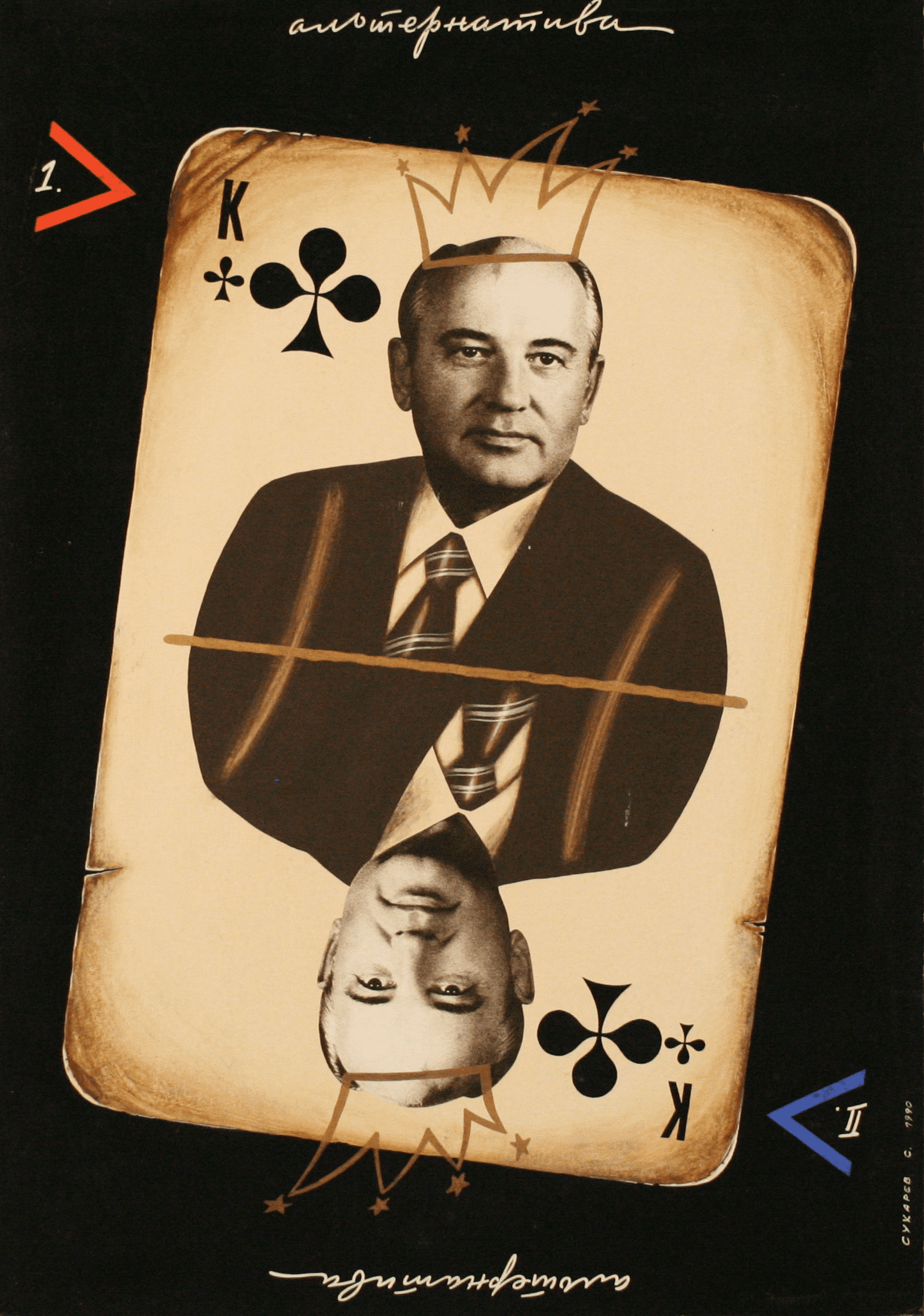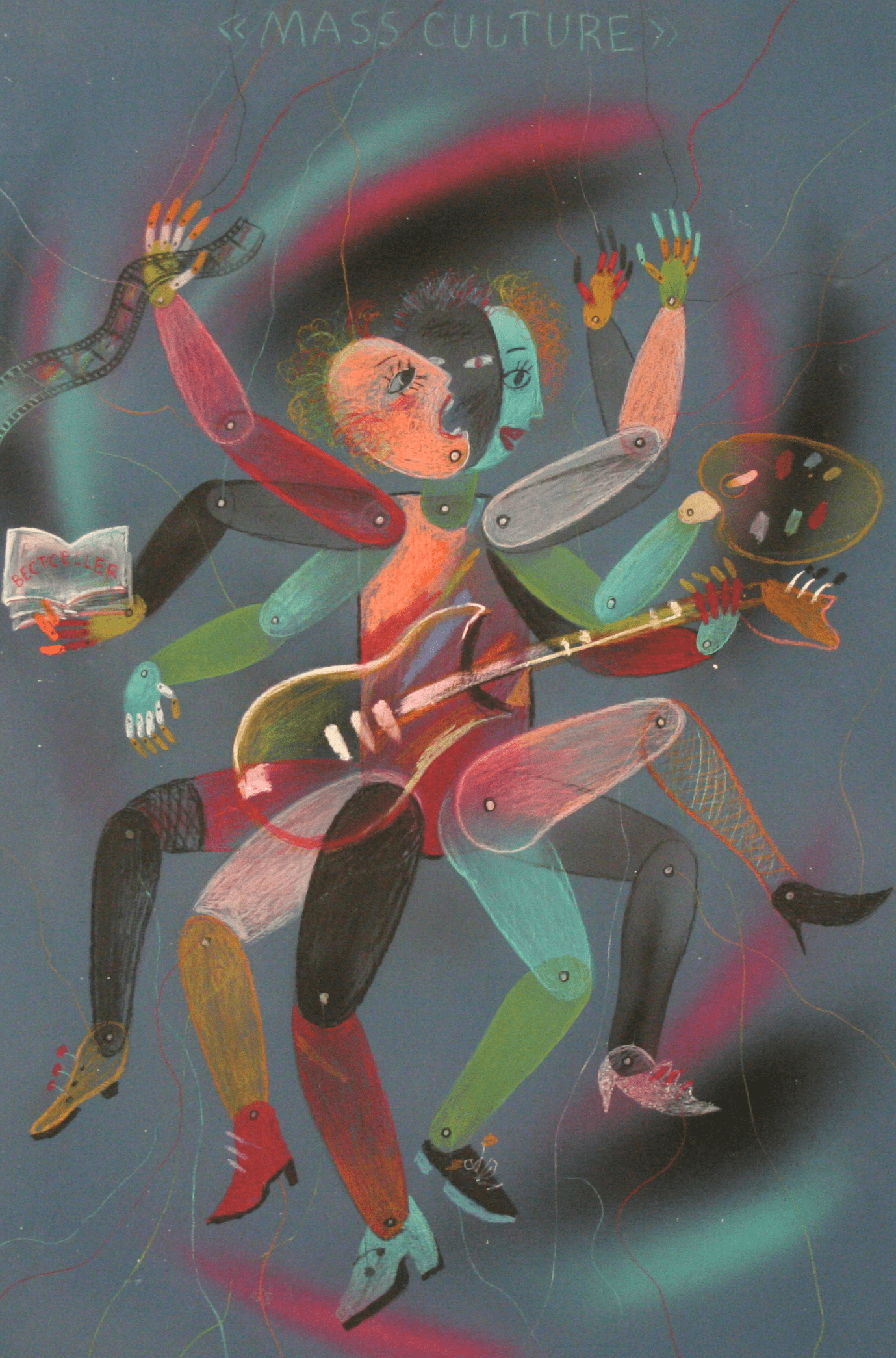Stalin’s Russia: Visions of Happiness, Omens of Terror

Stalin used propaganda to convey a three-fold image, as a forceful and capable leader, a wise and learned teacher, and a gentle and forgiving father to the people. This carefully crafted persona was zealously protected and promoted at all levels. In the novel In the First Circle, Aleksandr Solzhenitsyn sardonically used Stalin’s official biography to illustrate the effectiveness of this rhetoric: “His strategic genius. His wise foresight. His powerful will. His iron will. From 1918 on he had for all practical purposes become Lenin’s deputy. Yes, yes. That was the way it had been!”
However, in a letter given to the Central Committee of the Communist Party upon his death, Lenin made his wishes regarding the future of communism in Russia clear. The letter, called Lenin’s Testament, rejected Stalin in explicit terms:
Stalin is too rude, and this fault, entirely supportable in relations among us Communists, becomes insupportable in the office of General Secretary. Therefore, I propose to the comrades to find a way to remove Stalin from that position and appoint to it another man who in all respects differs from Stalin only in superiority—namely, more patient, more loyal, more polite and more attentive to comrades, less capricious, etc.
Stalin had already consolidated power in his hands during the lengthy period of illness prior to Lenin’s death, and so Lenin’s Testament was never made public to the Soviet people. Instead, Stalin made sure that the myth of his great friendship with, and love for, Lenin were monumentalized in propaganda. He understood that it was vitally important to create a new narrative of his path to leadership.
Excerpt from catalogue essay by Mark Konecny, Associate Director, Institute of Modern Russian Culture







